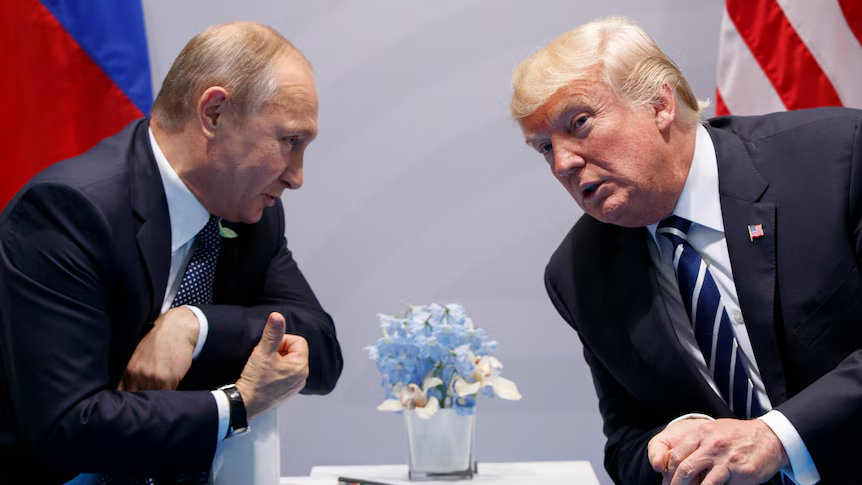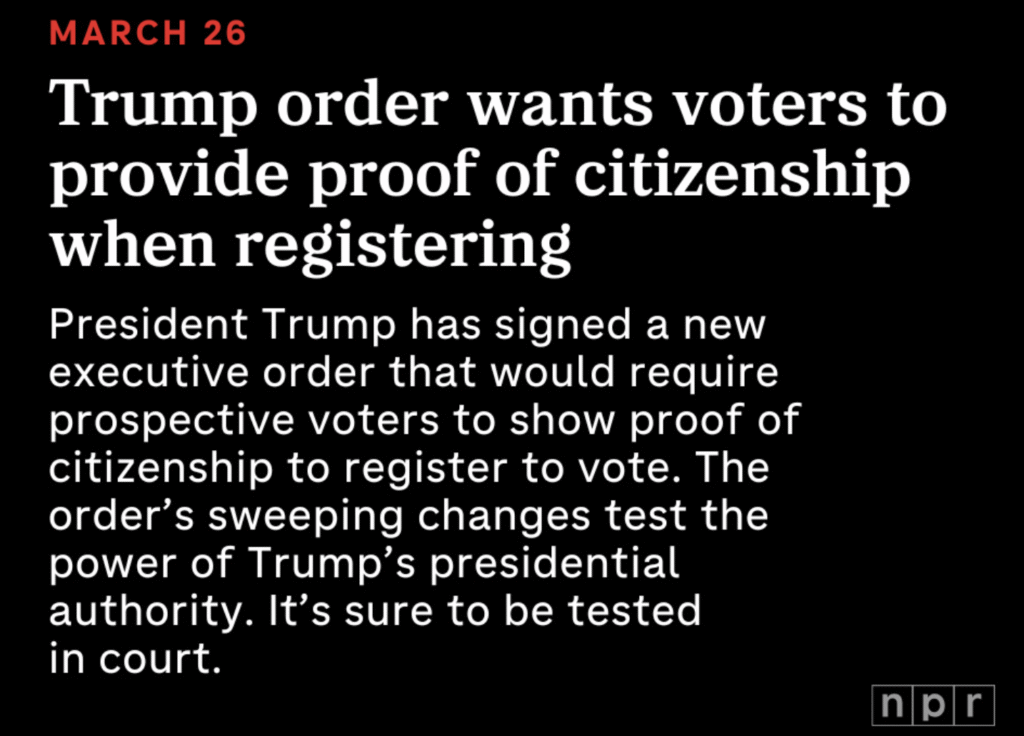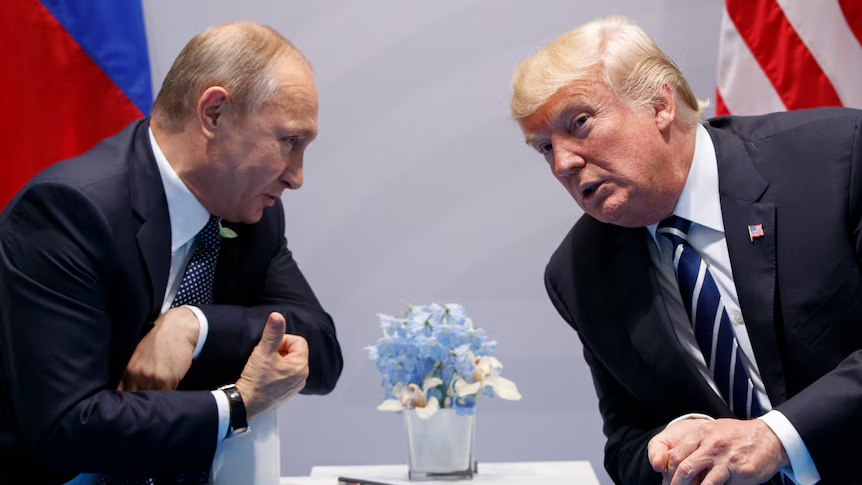
Donald Trump is reportedly working to influence the upcoming 2026 and 2028 federal elections through a series of strategic moves, including signing executive orders, changing key rules, and placing loyal allies in high-ranking positions within agencies like the Department of Justice and the FBI. At 79, Trump continues to push an aggressive political agenda, targeting those who opposed his past efforts to overturn election results, while supporting or pardoning allies involved in those attempts.
Recent report from the Brennan Center for Justice, a nonprofit advocating for voting rights, describes these steps as part of a deliberate, coordinated plan to undermine the integrity of future elections. “We’re seeing the White House directly interfere in election administration in ways we’ve never seen before,” said Sean Morales-Doyle, director of the organization’s voting rights and elections program.
According to The Huffington Post, Trump has not only reshuffled personnel but also issued executive orders aimed at influencing state-run elections. He has revived false claims—such as questioning former President Barack Obama’s citizenship—that grew more frequent after his 2020 loss, when he sought to cling to power and played a role in the January 6th Capitol attack, leading to his ban from Twitter.
In his current term, Trump has appointed staunch loyalists who share his unfounded views on election fraud, including Pam Bondi as Attorney General, Kash Patel as FBI Director, and Ed Martin as the head of a special Justice Department task force. He has also signed orders requiring states to demand proof of citizenship from voters, restricting the use of certain voting machines, and compelling states to hand over complete voter data—including sensitive information like Social Security numbers—to the federal government.

Some of these directives have been struck down or criticized by federal judges, but his administration continues to push for their implementation. Trump has also threatened to revoke the tax-exempt status of nonprofits that oppose him and launched investigations into Democratic-linked election offices.

Though Trump reportedly harbors ambitions of running for a third term, questions remain about both his health and the constitutional limits set by the 22nd Amendment, which prohibits anyone from being elected president more than twice. Changing that amendment would open the door for Trump and other former presidents to seek additional terms, but such a change remains uncertain.
Critics argue that his actions—through personnel changes, executive orders, and legal intimidation—are part of a broader plan to control election results, sow doubt about their legitimacy, and create mechanisms to alter or block outcomes. In North Carolina, for instance, a Democrat elected to the state Supreme Court faced months of delay in assuming office due to a lawsuit, an example of how legal maneuvers can disrupt democratic processes.
Many observers warn that Trump’s tactics are pushing the U.S. toward an authoritarian style of governance, eroding the country’s democratic foundations in the process.



